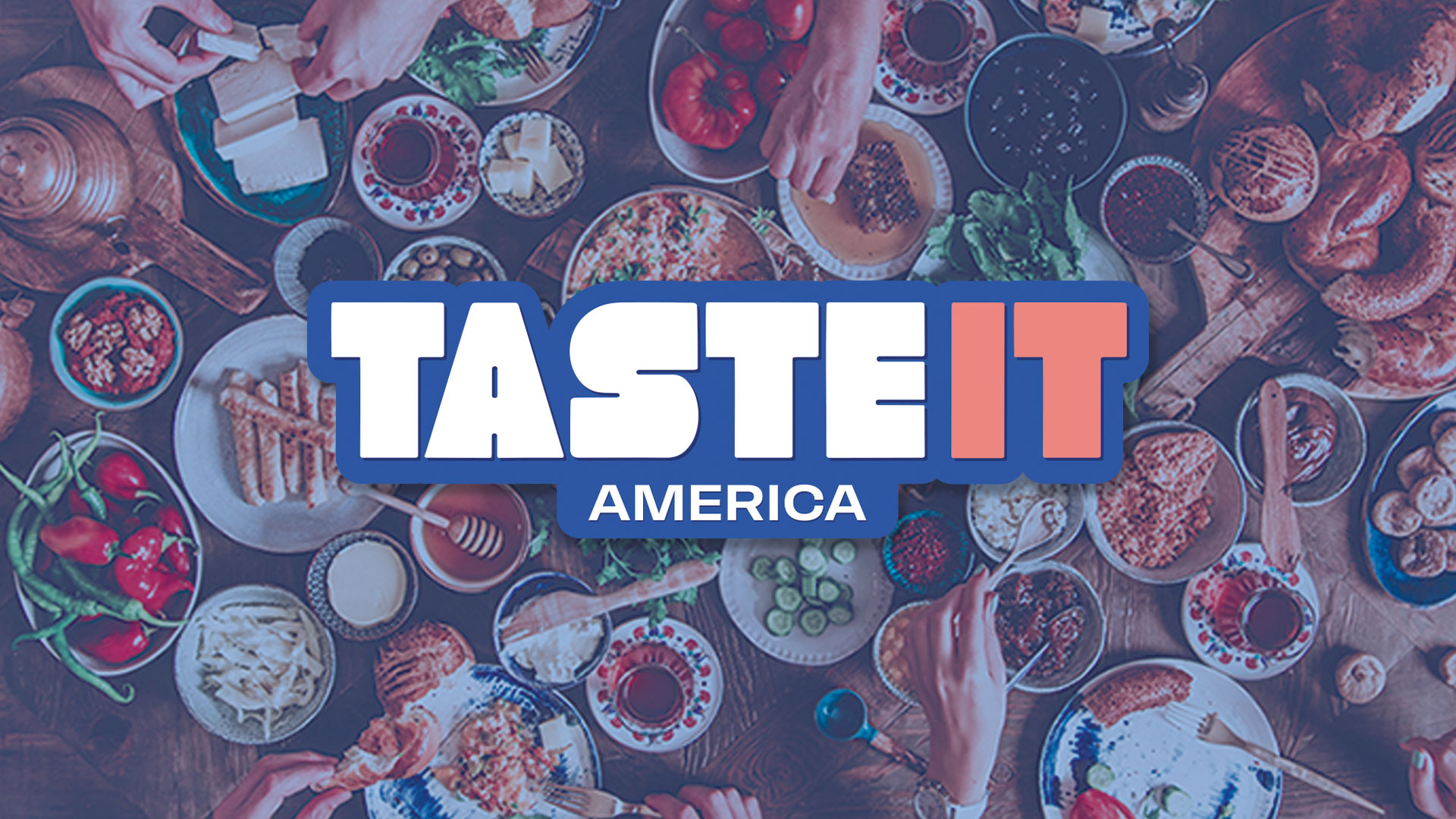A research team at New York University has come up with a way to fund FDA food programs, including food safety, without using government money.
The team suggests that user fees be implemented — as they already are for the medical and tobacco programs of the Food and Drug Administration. Such fees come from businesses using services of the agency, not from Congress.
The FDA primarily relies on congressional appropriations to fund its food-related activities. But user fees are allowed under the Food Safety Modernization Act of 2011 — they are just rarely implemented.
For example, in 2022, user fees made up two-thirds of the FDA’s $2 billion human drugs budget and 100 percent of the $680 million tobacco budget, compared with only about 1 percent of the $1 billion foods program budget. The FDA is responsible for overseeing 80 percent on the U.S. food supply, with its budget coming from congressional appropriations.
“A comprehensive user fee program for food could benefit the food industry and facilitate the FDA’s review of products and ingredients — both before and after they go to market — to improve public health,” said study author Jenifer Pomeranz, PhD, from the NYU School of Global Public Health.
One area that could generate money from user fees is the review of chemicals and additives now know as GRAS — generally recognized as safe. This loophole allows companies to avoid government oversight. Health and Human Services Secretary Robert F. Kennedy Jr. has already ordered a review of the GRAS program.
“The sum effect (of GRAS) is a food supply that is increasingly unsafe and unhealthy,” wrote study author Emily Broad Leib, director of Harvard Law School Center for Health Law and Policy Innovation and founding director of the Harvard Law School Food Law and Policy Clinic.
“The FDA needs additional resources to maintain the staff necessary for oversight of the large and growing number of additives and GRAS substances, and to close the GRAS loophole by requiring premarket notification of GRAS substances.”
An analysis by the Environmental Working Group found that 99 percent of new ingredients are added to the food supply through the GRAS loophole. If companies were forced to pay for FDA review of these substances the money could go toward supporting the agency’s foods program.
“The FDA (foods program) is persistently understaffed and underfunded, hampering its ability to ensure the safety of our country’s food supply,” said Pomeranz in a summary of her group’s research.
“A comprehensive user fee program for food could benefit the food industry and facilitate the FDA’s review of products and ingredients — both before and after they go to market — to improve public health.”
New FDA user fees for food will have to be authorized by Congress. In the past, industries have sometimes initially opposed user fees, but they eventually supported their use because of the benefits and stability fees bring.
For example, user fees enable the FDA to more efficiently review applications for new drugs, allowing companies to go to market more quickly. User fees can also directly benefit consumers. In the case of generic drugs, the annual number approved by the FDA more than doubled after user fees were implemented.
The study’s senior author Dariush Mozaffarian, director of the Food is Medicine Institute and distinguished professor at the Friedman School of Nutrition Science and Policy at Tufts University, said the FDA has for too long neglected the food side of the agency, leaving consumers’ health at risk.
“It’s time to put the ‘F’ back in FDA, with real resources designated by Congress, which could include a carefully crafted user fee program,” Mozaffarian said.
The research was supported by the National Institutes of Health. Read the full report published in the journal Health Affairs here.
(To sign up for a free subscription to Food Safety News, click here)

